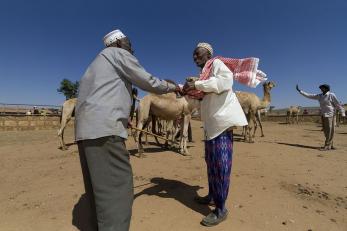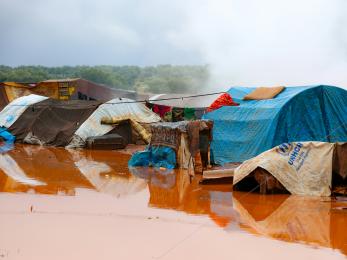Enabling Resilience for Pastoral Communities: Impact and Results from PRIME

Read the report brief ▸
Read the full report ▸
Pastoralist Areas Resilience Improvement and Market Expansion (PRIME) was a six-year $70 million USD USAID-led Feed the Future program that included a markets based and adaptive management approach to help pastoralists strengthen systems to simultaneously address economic needs and climate adaptation to increase resilience capacities. By working with traditional pastoralists and those transitioning out of pastoralism in Afar, Oromia and Somali regions of Ethiopia’s drylands, PRIME achieved results within five strategic components to reduce chronic poverty and food insecurity.
Multiple research initiatives agree that PRIME’s comprehensive multi-sectoral programming approach helped to strengthen household and community resilience capacities by managing the effects of the prolonged El Nino and La Nina droughts of 2015-2017. These contributed to reducing reliance on negative coping mechanisms, preventing unplanned deaths of livestock, and combatting other effects of climate change. By working within pastoralist markets, PRIME helped people to be prepared for environmental shocks by strengthening systems as opposed to relying on humanitarian handouts which achieve, at best, short term results.
PRIME impacts include:
- 78% increase in household income. PRIME households income increased on average to an equivalent of $2,287 USD per year.
- Positive impacts in food security. Despite record droughts, PRIME-targeted households showed only 4% decline in food security compared to 30% in others.
- Greater resilience for marginalized people. 2,252,404 people benefited from PRIME were enabled to better withstand shocks and stresses.
The Impact and Results Report synthesizes the learnings and strategies that contributed to PRIME’s work.
